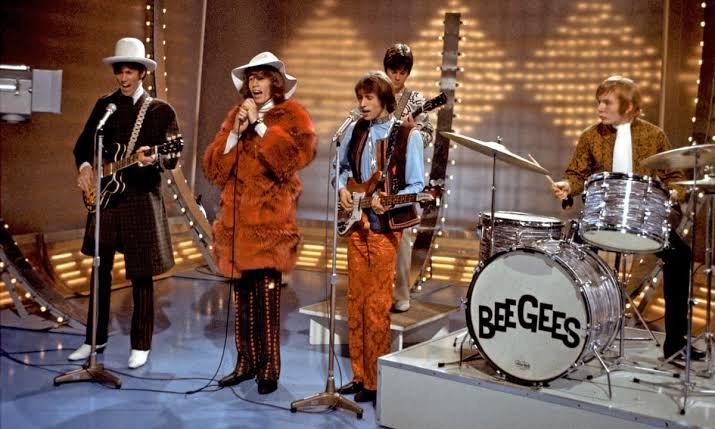
The untimely death of Liam Payne, the former One Direction star, has triggered a wave of criticism targeting not only the government but also the fan culture and media environment surrounding him. Payne, who had openly shared his battles with addiction and mental health issues, passed away under conditions that raise stark questions about the support structures supposedly in place for those facing similar struggles. This tragedy has illuminated gaping holes in public mental health policy, fan engagement, and the broader societal response to celebrity crises.
Critics are particularly focused on government failures to provide adequate mental health resources and addiction services. Despite repeated pledges to improve access and affordability, many such initiatives remain underfunded or mired in bureaucratic delays. Payne’s death has reignited calls for sweeping reforms, highlighting that even public figures can be left without the necessary support. His case shows that wealth and fame do not inherently grant better access to life-saving treatment and underscores how societal neglect of mental health issues affects everyone.
The role of fans has also come under scrutiny. While Payne’s followers were instrumental in propelling him to international stardom, some aspects of fan culture may have exacerbated his challenges. The relentless adoration, combined with periodic waves of online criticism, contributed to an environment where personal boundaries were often overlooked. Fans, fueled by social media’s immediacy, oscillated between support and harsh judgment, reflecting a toxic cycle that celebrities face daily. In retrospect, more balanced and compassionate engagement could have made a meaningful difference.
Media outlets, too, are facing significant backlash. Coverage of Payne’s life frequently emphasized sensational stories over meaningful narratives, reducing his complex struggles to clickbait headlines. The relentless pursuit of viewership often prioritized spectacle over sensitivity, compounding the pressure on Payne and other celebrities caught in the same cycle. This approach highlights a larger issue: the media’s responsibility in humanizing public figures instead of contributing to their dehumanization. The response to Payne’s death should serve as a wake-up call to rethink how the media reports on the personal lives of those in the public eye.
Liam Payne’s passing is more than just a personal tragedy; it’s an indictment of systemic failures that impact countless individuals. Governments must prioritize mental health reform, ensuring real and accessible solutions. Fans need to rethink the way they support their idols, balancing admiration with empathy. And the media must re-examine its practices to foster a culture that values the individual beyond their public persona. If these lessons are not heeded, Payne’s story risks becoming yet another chapter in the ongoing narrative of preventable loss.




